No Roe restricts our rights
On July 24, 2022, Roe v. Wade was overturned 50 years after being instated. This landmark decision had previously been put in place to protect women’s reproductive rights. 14 states have outlawed abortion in most cases, and the rest have placed restrictions on this often crucial procedure. This is a threatening situation to anyone in America with the ability to bear children and is changing the lives of all.
Autonomy is defined as “the right or condition to self-govern.” The United States Constitution requires the government to respect and protect the human right to bodily autonomy. But currently, the government seems to be doing anything but that, with laws being passed around the country limiting abortion access.
Abortion is legal in North Carolina for up to 20 weeks and 6 days. North Carolina law also requires minors to get parental or guardian consent to follow through with an abortion procedure. For some, this is not a problem if they know they have a stable support system. But for others, this may not be the safest option. Parents and guardians are not always supportive of pregnant teens, and if a teen feels like they can not confide in their parents, it may be harder for them if they are trying to obtain an abortion.
A woman’s health needs to be of the utmost importance, and no one’s decision but hers.
Restrictive laws cause issues for practitioners as well. Doctors now have front and center attention, as their healthcare professionals and providers’ abilities are limited. While each state has differing laws, there is much debate about what medical situations require abortion.
TRAP Laws, otherwise known as Targeted Regulations of Abortion Providers, require NC physicians to provide the state government with adequate reasoning as to why any abortion over 20 weeks has occurred. Additionally, these laws prevent any organization from trying to provide funding for abortion access. This is extremely problematic as many individuals who need abortions may not have the financial means to pay for the procedure, and without outside funding, this can limit people’s access to the procedure.
If resources are not readily available when required, this can prolong the pregnancy and could end up pushing the cut-off date. Going further, anti-abortion laws often cause more issues for women of color and immigrants, as these services are harder to access, even though these groups have the highest rates of needed abortions. When compared with white people’s infant mortality rates of 4 deaths per 1000, it’s around 10 per 1000 for African-American mothers.
While there are restrictions on abortion in North Carolina, the state has seen an increase in individuals traveling here to receive the procedure, as long as they are still within the approved 20-week timeline. Clinics throughout the state have been swamped with out-of-state patients. While this is good as people are receiving the care they need, it can create a stressful situation for all with the deadline looming over their heads.
As a young teen girl, I fear I could possibly be denied my right to choose. I do not want to have to give up making personal choices for the government’s discretion, and this thought is terrifying. No one should be choosing what women do with their bodies. A woman’s health needs to be of the utmost importance, and no one’s decision but hers.



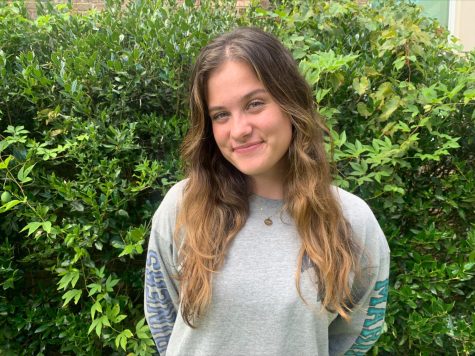
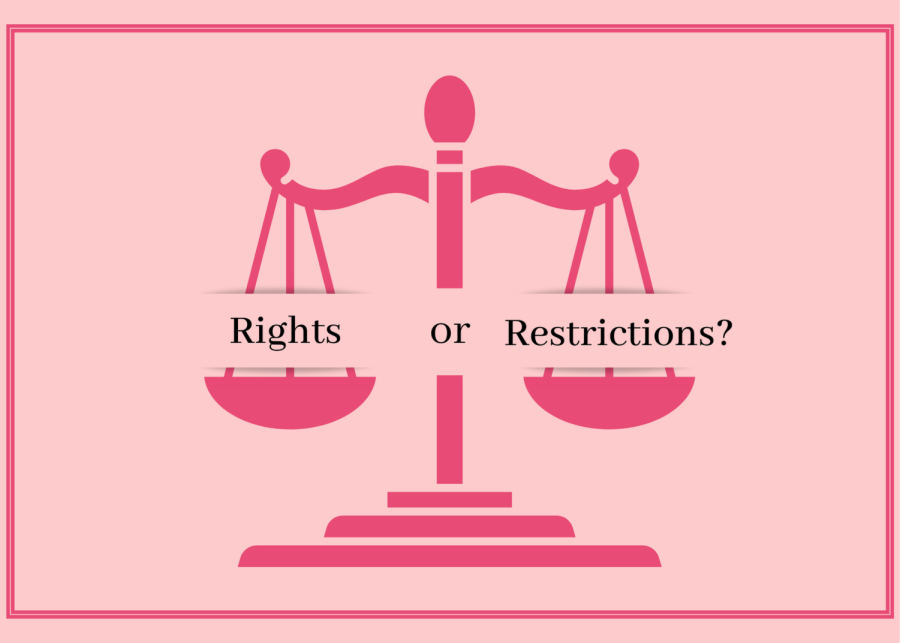


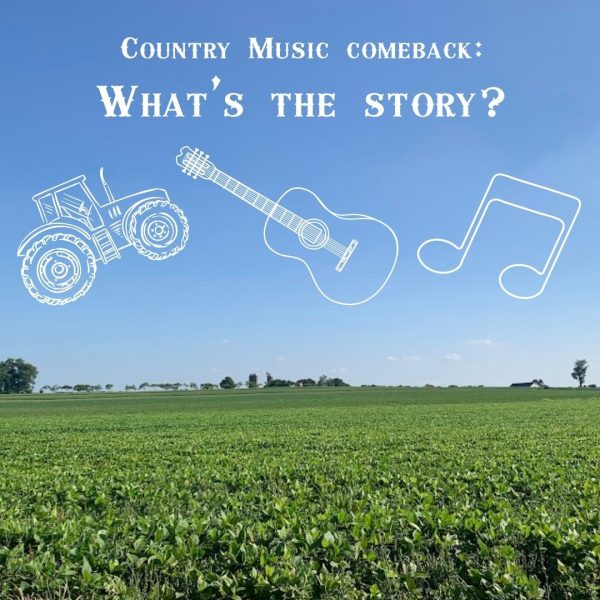
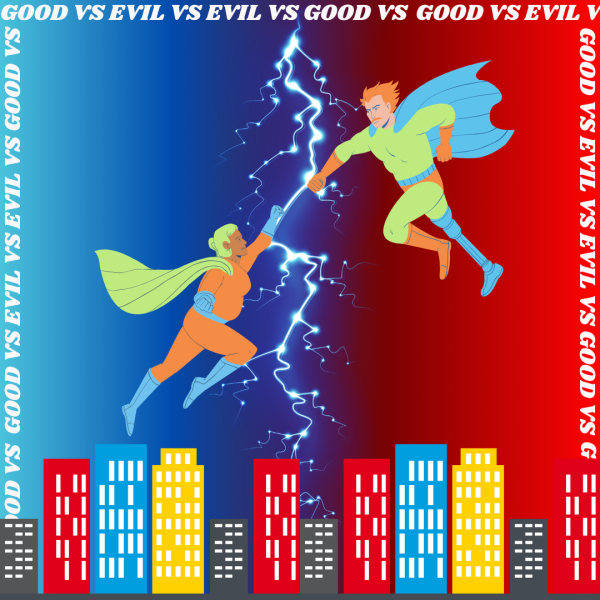




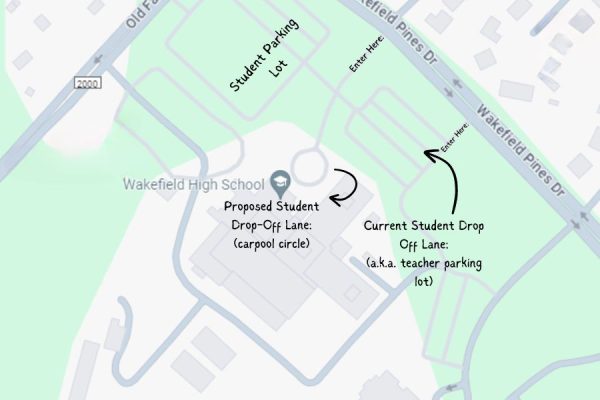
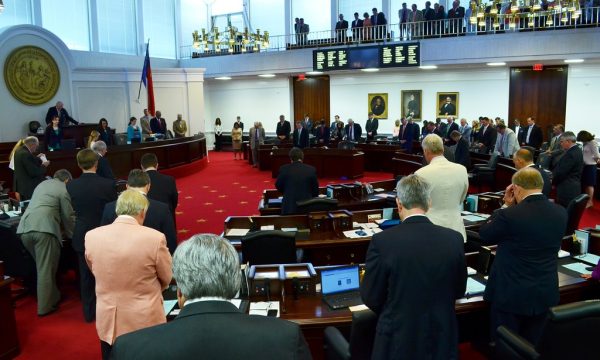
alice chen • Nov 16, 2022 at 1:20 pm
I LOVE THIS MILLIE
Kendall Wilson • Nov 16, 2022 at 1:15 pm
this article was amazing millie! so well written <3